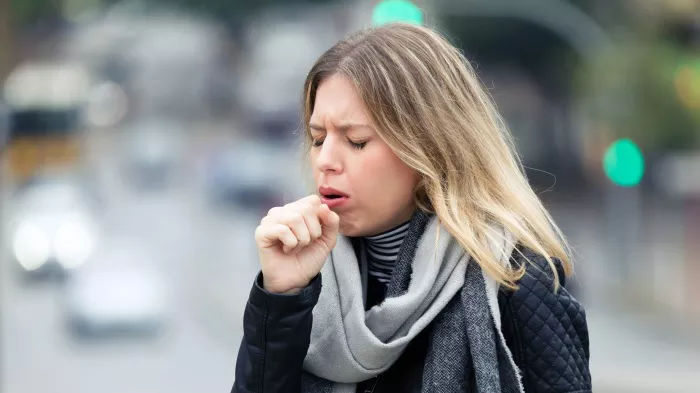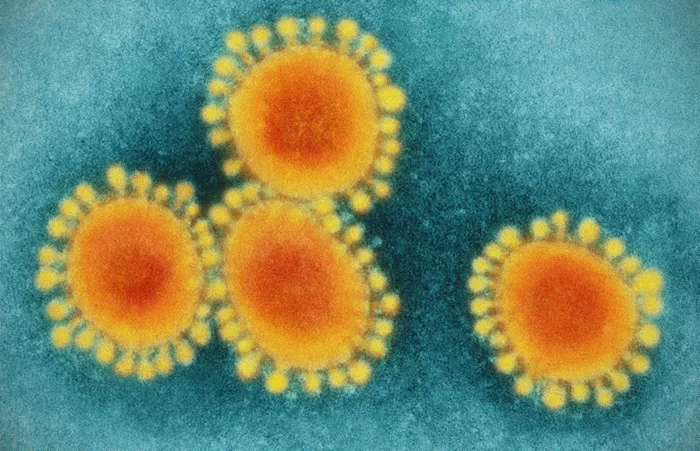Allergies are a common health concern that affects people of all ages. They occur when the immune system overreacts to a substance that is normally harmless, such as pollen, dust, or certain foods. Allergies can cause a wide range of symptoms, including sneezing, itching, runny nose, and dry cough. In this article, we will explore the connection between allergies and dry cough, and discuss the different types of allergies that can cause this symptom.
What is an allergy?
An allergy is an immune response to a substance that is normally harmless. When the immune system encounters an allergen, it produces antibodies that trigger the release of histamine and other chemicals. These chemicals cause inflammation and other symptoms that are associated with allergies.
Allergies can be caused by a wide range of substances, including pollen, dust, pet dander, certain foods, and medications. Some people are more prone to allergies than others, and genetics can play a role in determining who is at risk.
What is a dry cough?
A dry cough is a type of cough that does not produce any mucus or phlegm. It is often described as a tickling or scratching sensation in the throat, and can be accompanied by a sore throat, hoarseness, or difficulty breathing. Dry coughs can be caused by a variety of factors, including allergies, viral infections, and environmental irritants.
How do allergies cause dry cough?
Allergies can cause dry cough in several ways. When the immune system overreacts to an allergen, it can cause inflammation in the airways. This inflammation can irritate the throat and trigger a cough. In addition, allergies can cause post-nasal drip, which is when mucus from the sinuses drips down the back of the throat. This can also irritate the throat and cause a dry cough.
Allergies can also make asthma symptoms worse. Asthma is a chronic respiratory condition that causes inflammation and narrowing of the airways. When allergies trigger asthma symptoms, it can cause coughing, wheezing, and shortness of breath.
What are the different types of allergies that can cause dry cough?
There are several types of allergies that can cause dry cough. The most common types include:
Allergic rhinitis: Allergic rhinitis, also known as hay fever, is a type of allergy that affects the nose and sinuses. It is caused by an allergic reaction to airborne substances, such as pollen, dust mites, or pet dander. Allergic rhinitis can cause a variety of symptoms, including sneezing, runny nose, and dry cough.
Allergic asthma: Allergic asthma is a type of asthma that is triggered by allergens, such as pollen, dust mites, or pet dander. When allergens enter the airways, they can cause inflammation and narrowing of the airways, which can lead to coughing, wheezing, and shortness of breath.
Food allergies: Food allergies can cause a variety of symptoms, including dry cough. Common food allergens include peanuts, tree nuts, shellfish, and dairy products.
Drug allergies: Some people may develop an allergic reaction to certain medications, such as antibiotics, pain relievers, or chemotherapy drugs. This can cause a variety of symptoms, including dry cough.
Environmental allergies: Environmental allergies, such as allergies to mold or dust, can cause dry cough. These allergens can irritate the airways and trigger coughing.
How are allergies diagnosed and treated?
Allergies can be diagnosed through a variety of tests, including skin tests and blood tests. Skin tests involve exposing the skin to small amounts of allergens and observing the reaction. Blood tests measure the levels of antibodies in the blood that are produced in response to allergens.
Treatment for allergies depends on the type and severity of the allergy. Mild allergies can often be managed with over-the-counter medications, such as antihistamines or decongestants. More severe allergies may require prescription medications, such as nasal corticosteroids or allergy shots.
In addition to medication, there are several lifestyle changes that can help manage allergies. These include avoiding allergens, using air purifiers or filters, and keeping the home clean and free of dust and other irritants.
Conclusion
Allergies are a common health concern that can cause a wide range of symptoms, including dry cough. Allergies can be caused by a variety of substances, including pollen, dust, pet dander, certain foods, and medications. Allergies can be diagnosed through a variety of tests, and treatment depends on the type and severity of the allergy. If you are experiencing symptoms of allergies, such as dry cough, it is important to speak with your healthcare provider to determine the best course of treatment.
[inline_related_posts title=”You Might Be Interested In” title_align=”left” style=”list” number=”6″ align=”none” ids=”4917,4914,4882″ by=”categories” orderby=”rand” order=”DESC” hide_thumb=”no” thumb_right=”no” views=”no” date=”yes” grid_columns=”2″ post_type=”” tax=””]






























